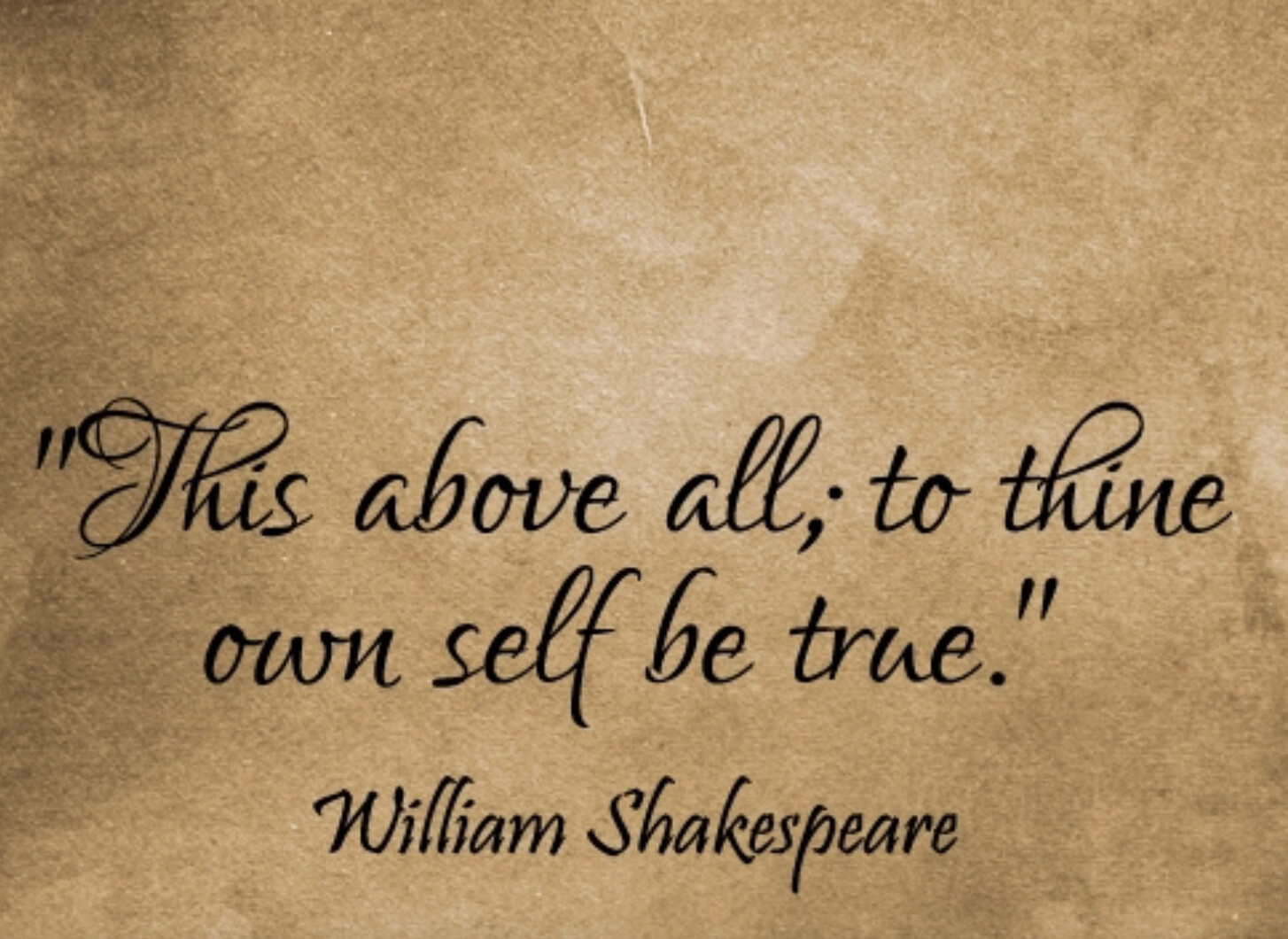Log In


Awa Sabrina Ottiger
Supporter-Profil
Share
Knowledge
Topics:
Learning, Self-esteem
Life areas:
-
Methods:
Psychological counselling
Approach:
-
Age group:
Adults
Language:
English
The origin of Authenticity
Nowadays, trendy magazines are full of articles on authenticity such as the "authentic self", "authentic relationships", "authentic life", "authentic parenting", "authentic cooking", etc. To call the current times an "authenticity boom" would not be far-fetched. The interest in authenticity has long since ceased to be found only among academics and scholars, but is also anchored in popular culture. A look at history shows that the concept of authenticity has been debated in various disciplines and traditions and discussed by philosophers, writers, scholars, artists and spiritual leaders over the centuries. Take Shakespeare and his famous quote in Hamlet: "Be true to thyself". Even then, Shakespeare saw something of creative relevance in authenticity and the good, purposeful life.
The origin of authenticity
If we look up "authenticity" in a dictionary, we find that it comes from the Greek word "authéntes". Here "autós" means "self" and "hentes" means "to be". When we look into the etymology of the word authenticity, we find that the authentic person describes someone who is the author of himself. Quite expressive, I think. Those of you who want to delve even deeper into the origins of authenticity should look at the Enlightenment philosophers of the 17th and 18th centuries. They launched a philosophical movement that raised relevant questions about the properties of the individual self. The Latin words "Sapere aude", loosely translated as "Have courage to use your own mind", used by Immanuel Kant (1784), demonstrated a decisive shift in the understanding of human capacities that would lead to deeper conversations about self-responsibility in philosophy and later in psychology.
Authenticity and its adoption in psychology
Today, the discipline that has taken responsibility for better understanding and promoting authenticity is no longer the philosophical discipline but the psychological discipline, more specifically humanistic, person-centred and positive psychology. Let's talk a bit more about the integration of authenticity into psychological discourse. This might sound a bit boring, but stay tuned - it's actually a pretty cool story, I think.
The rise of Humanistic Psychology and its commitment to authenticity.
You're probably familiar with the name Sigmund Freund. Yes? Freud was known for his psychoanalytic work. His theories dominated the understanding of human psychology for more than 100 years. In fact, to this day, many psychological approaches have deep roots in Freud's psychology. In the 1940s and 50s, psychologists Abraham H. Maslow and Carl R. Rogers challenged this Freudian dominance in psychology and initiated a split from it. So what was it about Freud's approach that humanistic psychologists found so unattractive and lamented?
Well, humanistic psychology claimed that the science of psychology was much more successful on the negative side than on the positive side. "It has revealed to us much about man's shortcomings, his diseases and sins, but little about his possibilities, his virtues, his attainable aspirations or his full psychological greatness. It is as if psychology has voluntarily confined itself to half of its rightful domain, and that is the darker, meaner half (Maslow 1954, p. 354).
Thus Freud (1923), a minor fan of Schopenhauer, saw the driving force behind human behaviour in the dark depths of the unconscious. Freud believed that humans are driven primarily by sexuality and aggression, constantly seeking immediate pleasure and gratification without regard for the consequences. That doesn't sound very good, does it? So the humanistic psychologists took another close look at the human being and came to the conclusion that Freudian personality psychology did not adequately take into account some relevant aspects of individual experience and social behaviour.
In contrast to Freud, the humanistic psychologists were very interested in human flourishing and authenticity, and with their emergence, authenticity also appeared on the horizon of psychological work. In the understanding of humanistic psychology, human beings were fundamentally "forward-looking, constructive, realistic and trustworthy" (Rogers 1957b, p. 200). When humanistic psychologists looked at human beings, they saw individuals as intrinsically pro-social, striving for development, differentiation and cooperative relationships. The idea that every individual has an intrinsic striving for self-actualisation marked a fundamental shift in psychological theory, as you can probably imagine.
Today's widely accepted concepts of authenticity, self-actualisation, human growth, and the idea that the authentic self or the "true self" is a desirable concept for personal development are largely due to the efforts of humanistic psychology and the introduction of intrinsic motivation for the pursuit of self-actualisation.
So if you've always wondered why I have a thing for the humanistic, person-centred approach, you may now know a little more. Humanistic psychology sees a person as someone who is able to take self-responsibility, to think consciously and rationally, to be empathetic and caring, to act authentically, to develop and fulfil their potential.
And this is how I experience people every day when I work and am with them. They grow, they change, they blossom.
...AND WHAT IS YOUR EXPERIENCE?
And what about you? Do you welcome this change in psychology and the rise of humanistic psychology in the 1940s, and if so, why? Why do you think the integration of concepts like "authenticity" or "human flourishing" is important for working with a psychotherapist?



